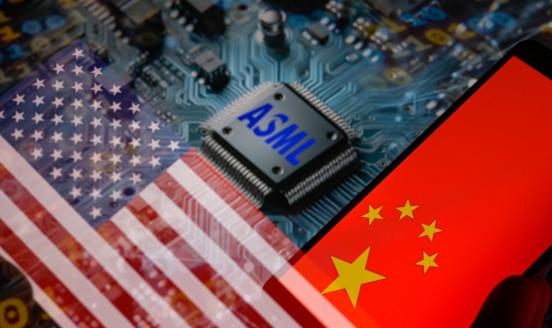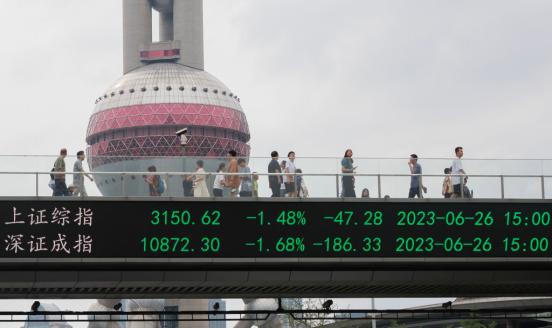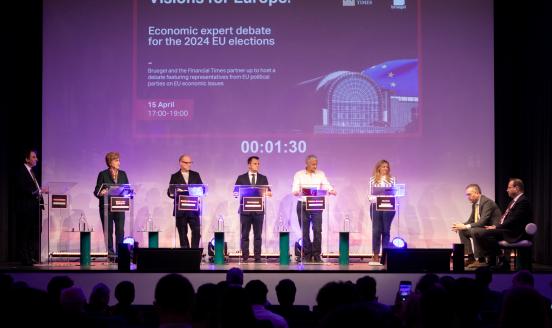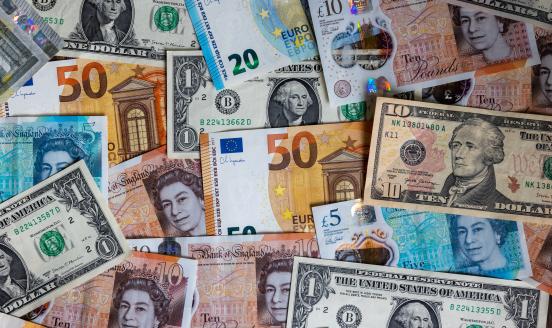Backstage: Developing the EU-China relationship amid rising global trade tensions
Bruegel director Guntram Wolff is joined by Alicia García-Herrero, senior fellow at Bruegel, and Zhang Weiwei, director at The China Institute of Fuda
Following a conference at Bruegel, at a critical moment for the global economic system, Bruegel director Guntram Wolff is joined by Zhang Weiwei, director at The China Institute of Fudan University, together with Bruegel senior fellow Alicia García-Herrero, for a discussion of EU-China trade relations.
With the United States pursuing a policy of imposing trade tariffs on its international partners, the geopolitical landscape is poised for change. What room is there, then, for closer economic ties between China and Europe in a world where a multilateral trading system cannot be taken for granted?
There are many points, political and economic, on which European and Chinese approaches diverge; nevertheless, there remains the opportunity to focus on common ground, establish a more mutually beneficial relationship, while also standing up for the multilateral system.
US trade tariffs have driven China and Europe together more quickly than they might have met otherwise. How prepared China and Europe actually are for building closer ties remains an essential debate. This conversation assesses what problems still prevent a smoother integration of interests in both the Chinese and the European spheres.
We invite you to peruse the audio and video recordings of our sessions from the event, ‘Perils and potential: China-US-EU trade relations’, where Bruegel welcomed a number of Chinese and EU trade experts.
For further reading, consider the Bruegel research paper looking into European and Chinese trade competition in Latin America, written by Alicia García-Herrero with Thibault Marbach and Jianwei Xu.
Also note our blog post analysing data on bilateral trade, services, investment and protectionism between Asia, Europe and the US in recent years, determining whether the nature of the global economy is Transatlantic, Transpacific or Eurasian.



